2024 AWARDEES
The NYU Migration Network is pleased to announce the recipients of the 2024 Graduate Student Award for Summer Research on Migration. The five projects awarded and the five finalists recognized are featured here. Congratulations to all!
2024 Recipients
Aisha Arain
MA student in Global Journalism and Near Eastern Studies
From Mosque to Political Battleground: The Identity Politics of the British Pakistani Diaspora
Utilizing historical archives and ethnographic fieldwork, this project delves into the conflicting dynamics of the British Pakistani diaspora and how its identity politics have transformed Ahmadi mosques from regular places of worship to sites of tension by extending Pakistan's national Islamization project to the diasporic landscape.

Itzel Delgado-Gonzalez
PhD Candidate in the American Studies Program.
Returning in the Afterlife: Repatriating the Dead to Mexico
This interdisciplinary dissertation investigates the significance of the repatriation of human remains to ancestral lands for Indigenous Mexicans in New York City, and how this migratory journey is mediated by the US-Mexico data border.

Laura Carty
Writer, artist and researcher interested in the relationship between storytelling (both visual and narrative) and identity formation within Latin America.
The Transformation of UFC Afro Caribbean workers into Afro-Ticos: Migration and Identity construction in Limón, Province prior to 1948
Study of West Indian migrant workers in Costa Rica before the 1948 civil war and the role of their American employer, The United Fruit Company, in influencing identity construction among the heterogeneous community while also analyzing how these workers engaged with the state amid forced isolation and denial of citizenship.
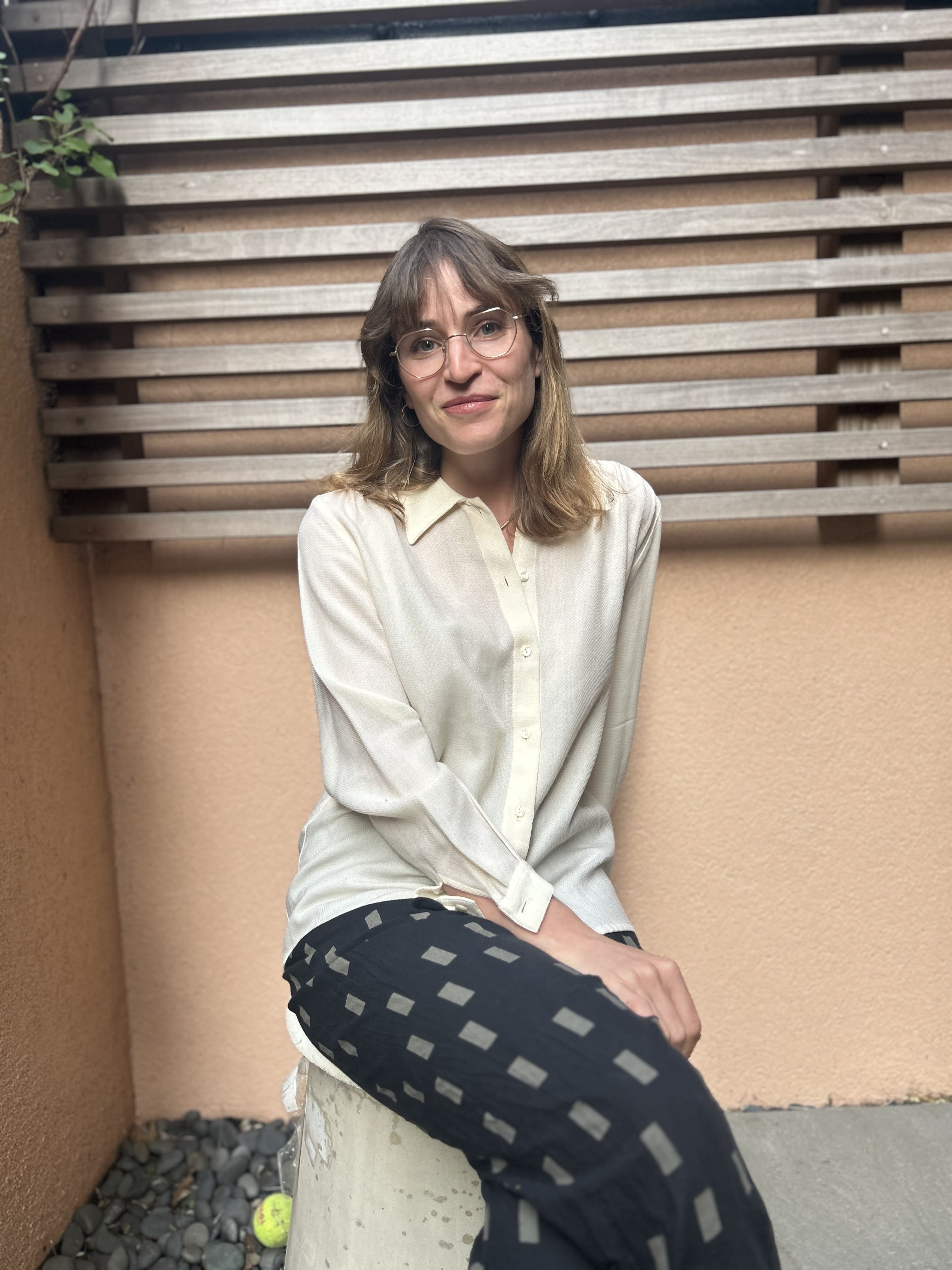
Natasha Bernstein Bunzl
PhD student in Food Studies who uses ethnographic methods to research food insecurity, food access, and migration.
"In a few years, our food will be better”: Venezuelan migrants and NYC’s food system.
This project asks what alimentary practices low-income Venezuelan migrants employ to nourish themselves and their families. Understanding that migration through countries with vastly different food systems involves learning new methods for food shopping, preparing, and disposing, this project illustrates the challenges and strategies that people living in poverty employ to nourish their lives in NYC.
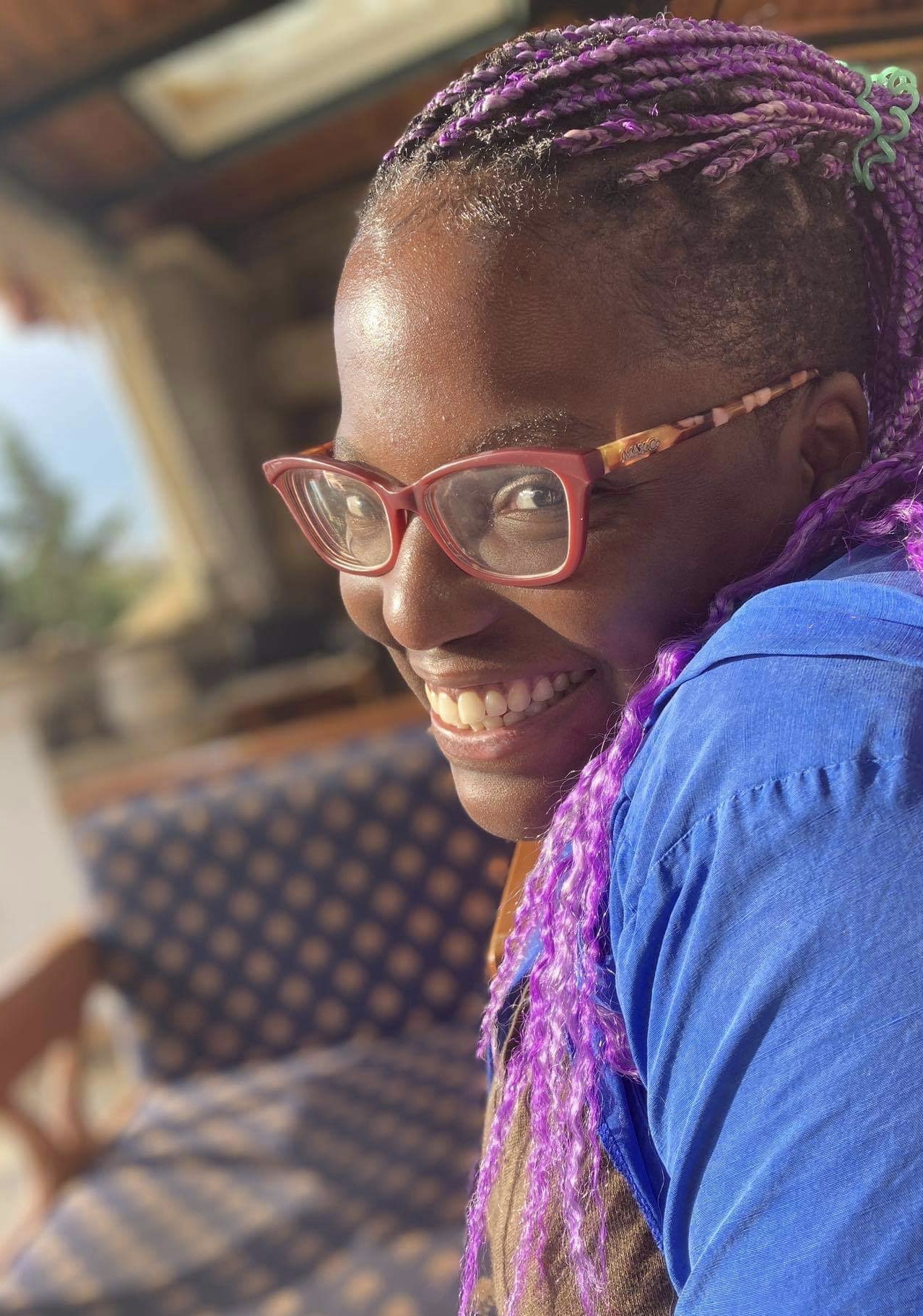
Jackie Abhulimen
Writer, scholar and activist from Athens, Greece currently pursuing a PhD in Performance Studies at New York University.
Mobility, logos and logics in the Black Mediterranean
This preliminary research project begins to collate the makings of an Afro-Greek subject in support of a larger study on how citizenry is negotiated within the politics of logos, logics and mobility in the Black Mediterranean.
2024 Finalists
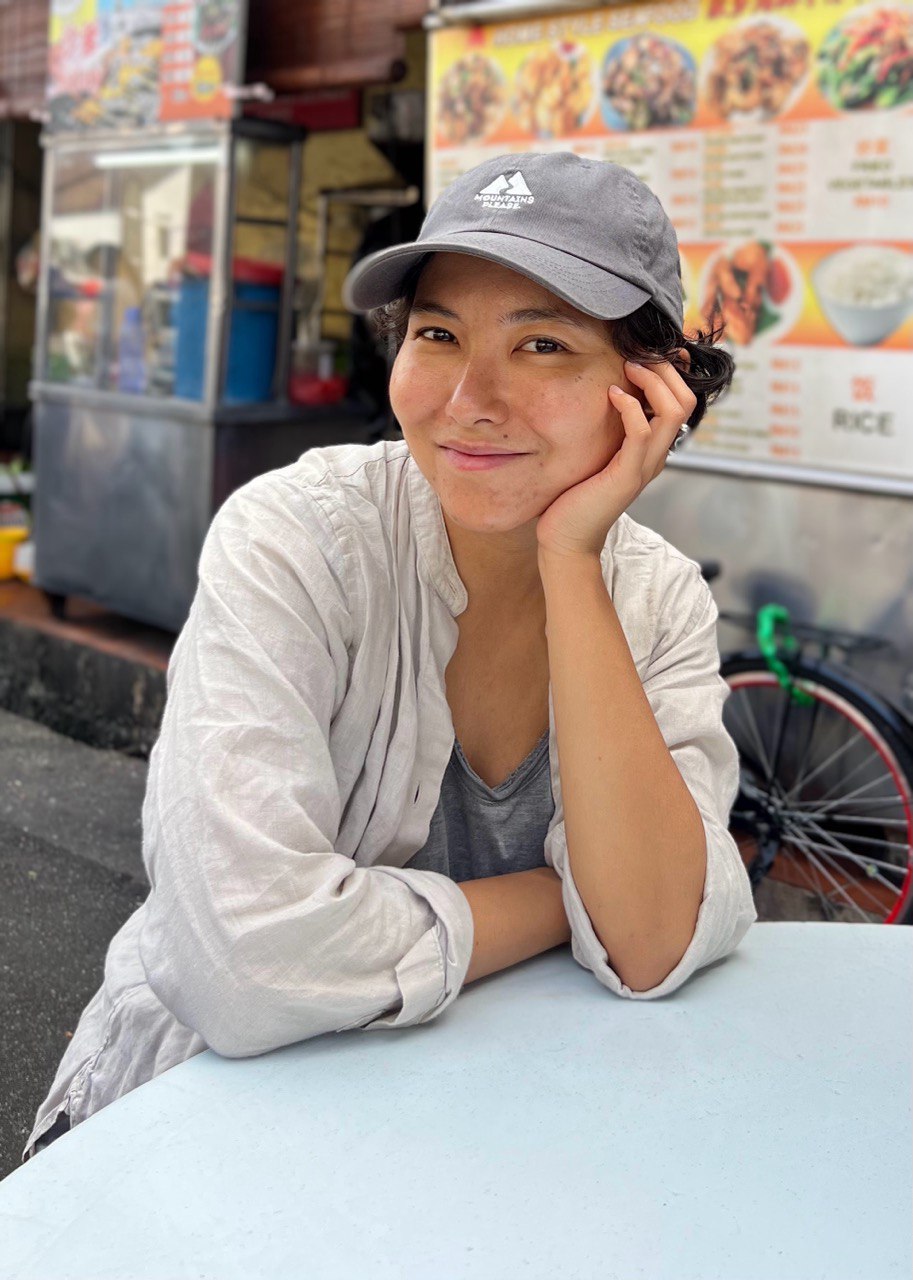
Anel Rakhimzhanova
Ph.D. candidate in Performance Studies at NYU, researching the complex interplay between infrastructure development, environmental change, and the precarious human mobilities shaping Central Asian “modernities” in a year-long fieldwork across the region.
Moving in the Ferghana Valley: Mobility, Logistics, and Water in the (Post)Soviet Anthropocene
Drawing on archival and ethnographic research, this project explores the narratives and politics of humans and water mobility at the heart of the transformation of nature and identity in Ferghana – the valley shaped by extensive Soviet-era irrigation and cotton-intensive agriculture, as well as national building across Uzbekistan, Kyrgyzstan, and Tajikistan.
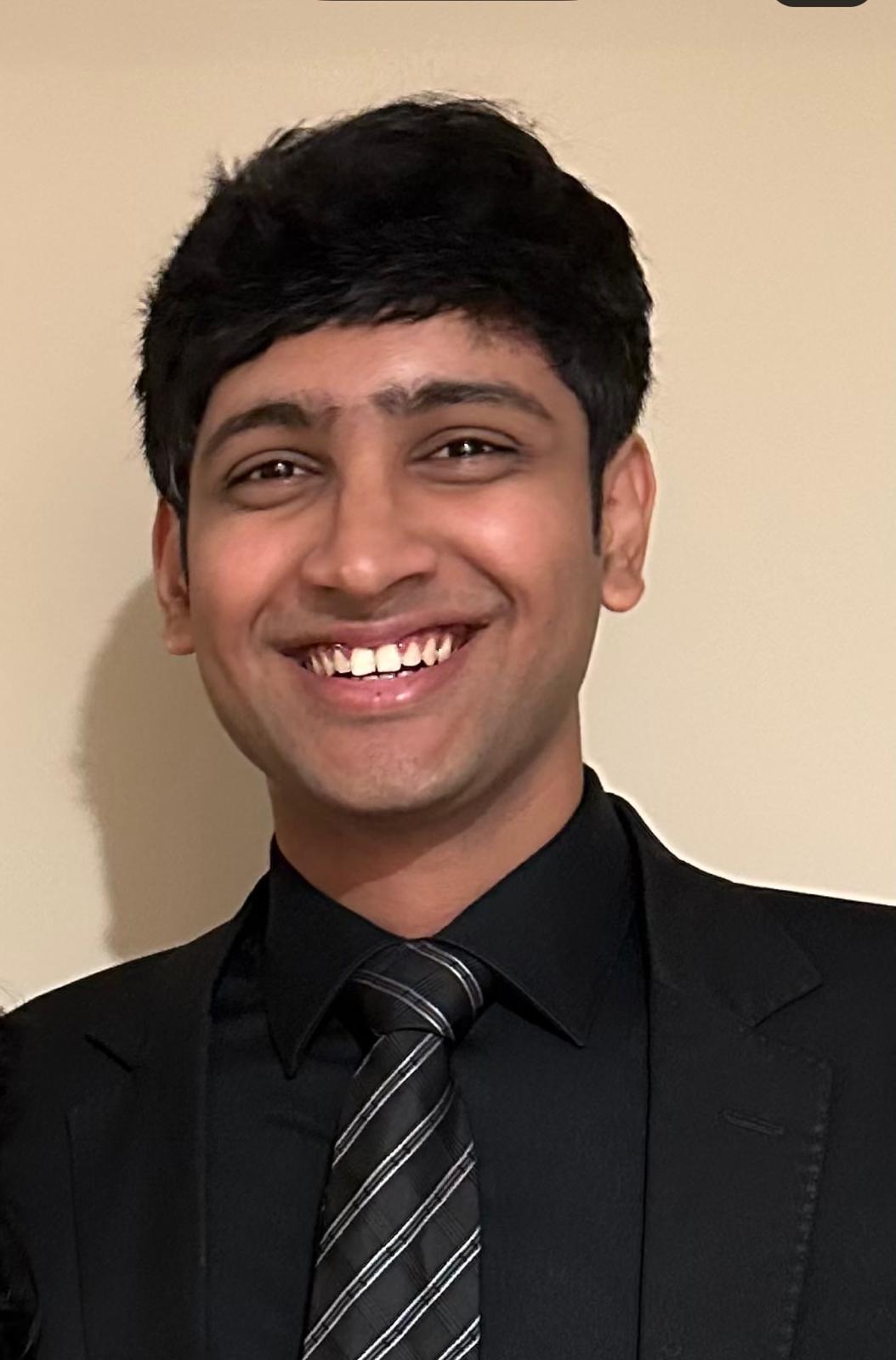
Bharath Gururagavendran
Graduate student in International Relations at NYU and a lawyer by training from India is interested in exploring the complex dynamics and meanings that individuals generate while negotiating legal orders: both domestic and international.
Forgotten Voices: Uncovering the Histories of South Asian Migrant Labourers on the Siam-Burma Railway During WWII.
Investigating the historical disparity in remembrance, this project examines the mobilization of Tamil (forced) migrant labourers during WWII, particularly focusing on the Siam-Burma Railway, and aims to establish a digital repository that leverages scattered key legal, administrative, and other secondary source-records to preserve their stories.

Jacelyn Osarugue Omusi
Second-year PhD student in Sociology at NYU, researches race formation, Black racial identity, migration, and schools. Jacelyn earned a BA in Sociology and African American Studies at UCLA, conducted qualitative research with Stanford University in the American South, and taught 7th-graders in Houston before her doctoral studies.
Contemporary Sankofa?: Investigating Conceptions of Race and Citizenship Among African American Expatriates in 21st-Century Ghana
Contemporary Sankofa? uses in-depth interviews with Black American expatriates in Ghana to investigate how the "imagined” versus “actual” Ghana shapes their understanding of race and belonging; delving into "affective migration," this research offers a fresh perspective on Black expatriation, racial identity, and contemporary migration patterns and motivations.
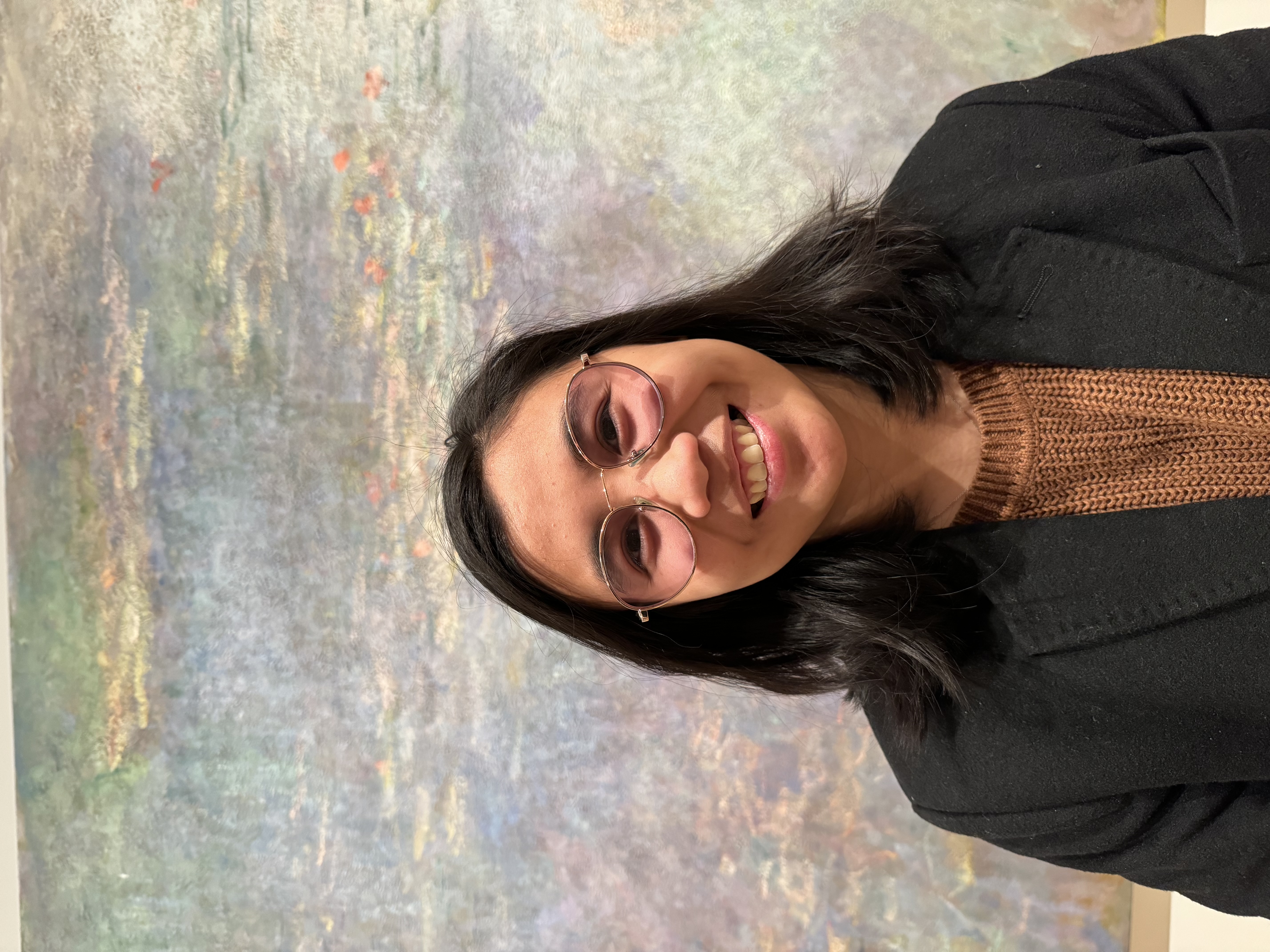
Jackielyn D. Ruiz
First year PhD student, Department of Teaching and Learning
Filipino Immigrant Parents in New York City: History and Disability
This research aims to gain a better understanding of how Filipino immigration has changed in New York City and how Filipino immigrant parents of children with disabilities have engaged in parent participation and advocacy from the passing of the Immigration and Nationality Act of 1965 up to the present.

Taylor Dews
Graduated Valedictorian from Spelman College with a BA in Sociology and Anthropology. Now a NYU Cultural Anthropology PhD student, she researches Black international film festivals as diasporic contact zones.
Are we kin?: African and Diasporic Ecounter at the Black Star International Film Festival
The Black Star International Film Festival (BSIFF), a women-led, Africa-based event held in Accra, Ghana, draws global participants from "Africa and its Diasporas." This study examines how BSIFF's strategies shape participants' transnational belonging, emerging international relationships, and how Ghana's geopolitics as a Pan-African "homeplace" influences the festival's mission and programming.